Why electric cars can cause an upset in British Rallycross this year
by Hal Ridge |
Electric cars are set to join the British Rallycross Championship 5 Nations Trophy Supercar field this year, and in the right hands, they could spring a surprise. Here’s why.
The machines being adopted by 5 Nations BRX this year have been developed by STARD, a firm created by owner Manfred Stohl – a former World Rally star and more recently World Rallycross driver, and CEO Michael Sakowicz– a man for whom the term boffin is an endorsement.

In 2016 STARD publicly revealed a project it had been working on for five years, codenamed HIPER. Based on a Peugeot 207 Super 2000 bodyshell but fitted with STARD’s own electric powertrain, HIPER used a pair of motors, one at each axle, having been designed in-house at STARD’s base outside Vienna, Austria.
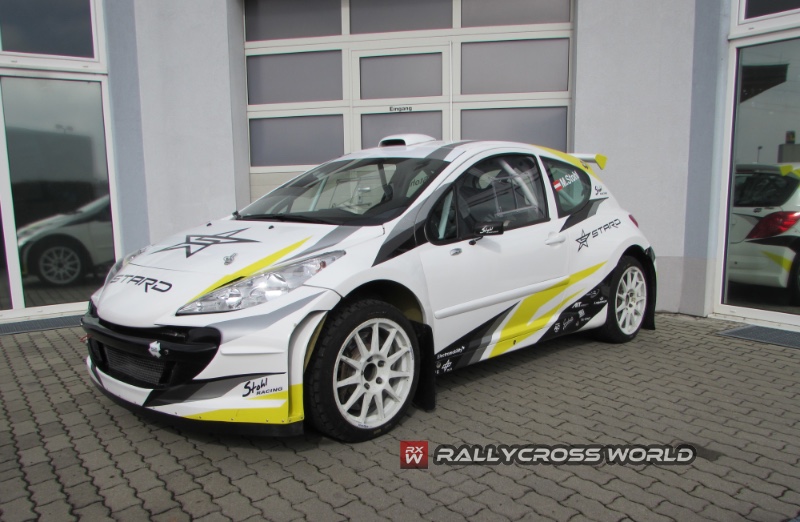
HIPER continued to be tweeked for the following years, was tested by a number of high-profile drivers and claimed victories in the annual Race of Austrian Champions event at Greinbach.
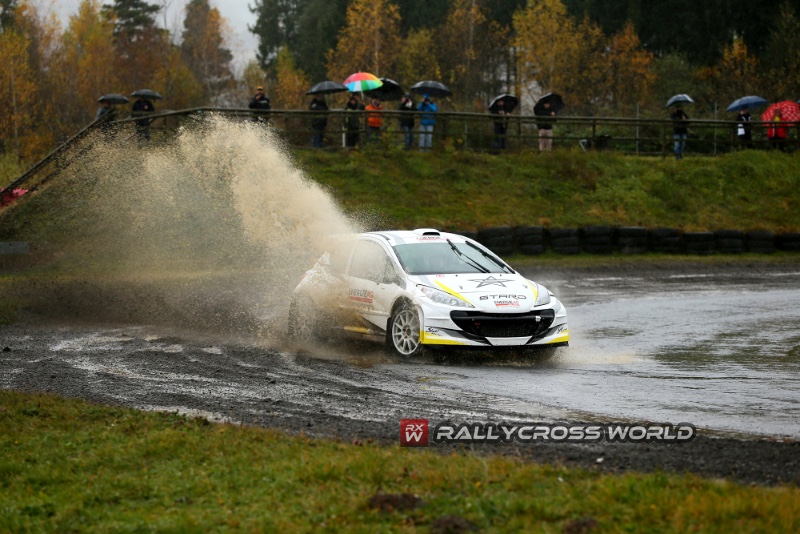
The car also made an appearance in the World Rallycross Championship paddock in Riga, Latvia in 2018.

It was at the same venue 12 months later, following the stall of World RX’s top level switching to electric cars, that the Projekt E support category was announced by promoter IMG, along with STARD’s latest creation, the Ford Fiesta ERX.

An evolution of the HIPER concept, now under STARD’s REVelution EV umbrella, the latest creation, designed as a kit that can be retro-fitted to any conventional steel body Supercar, included three motors, two at the rear one and one at the front, delivering 450kW and 1000Nm torque.

With the start of the international 2020 season delayed by the Coronavirus pandemic, Stohl drove the first Fiesta ERX in a Hungarian Rallycross Championship event at Kakucs in July and claimed the first outright win for an electric car in rallycross, running in the conventional Supercar category and beating Euro RX front-runner Tamas Karai among others.
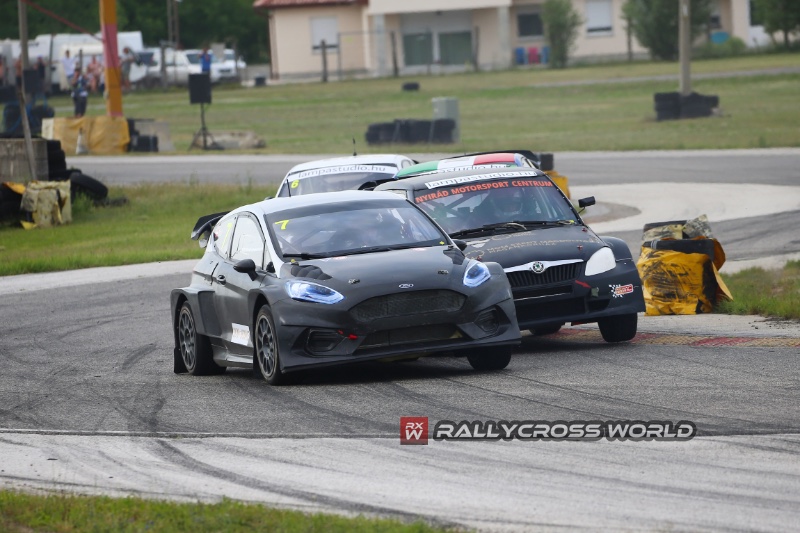
Projekt E ran for the first and potentially only time in 2020. With STARD having secured Ford Performance support, three STARD-built Fiesta MK8s contested the inaugural event at Holjes, Sweden in August, where American star Ken Block claimed victory.

For the second round in Riga, French driver Cyril Raymond debuted STARD’s second ERX machine, a Citroen C3 based on the French manufacturer’s C3 R5 (now Rally 2) platform, endorsed by the legendary rally outfit, which the Raymond drove to victory ahead of home hero Janis Baumanis in a Fiesta. Through consistent finishes in the two rounds it was British former rally driver Natalie Barrett who claimed the Projekt E crown.
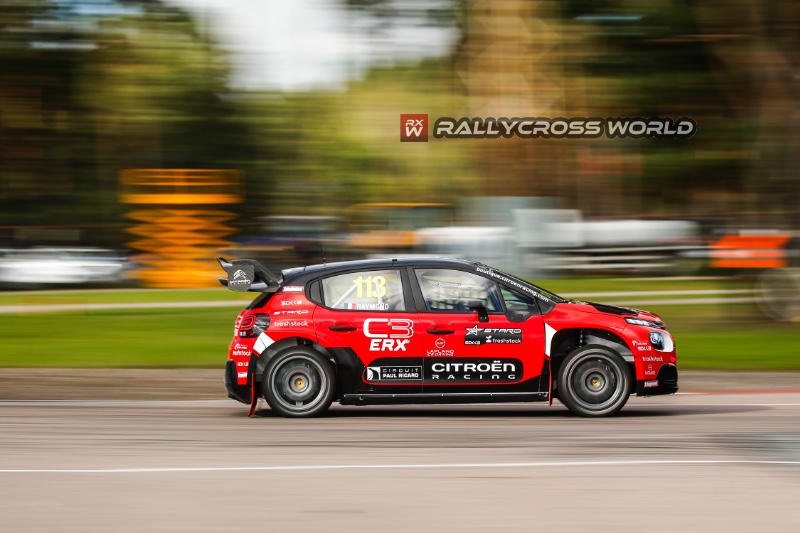
Not only is STARD’s powertrain currently the most developed of the electric systems in rallycross, but it’s the only one so far where real-life comparisons can be made with ICE machines. Taking the 2020 Latvian round as a case study, and comparing overall race time and lap times of Euro RX Supercar and Projekt E finals, Raymond and Baumanis would have finished third and fifth in Euro RX with their electric racers. With front running Euro RX pace a little ahead of that in 5 Nations BRX, it’s clear that STARD’s powertrains have both the development and performance to challenge at the front in the British series this year.

5 Nations BRX won’t be the maiden appearance of the electric rallycross cars in the UK though, STARD owner Stohl used the car Natalie Barratt had raced in Projekt E to compete in the Goodwood Speed Week in the UK last October. Coincidentally, Barratt is among the drivers assessing an electric entry to 5 Nations BRX this year.
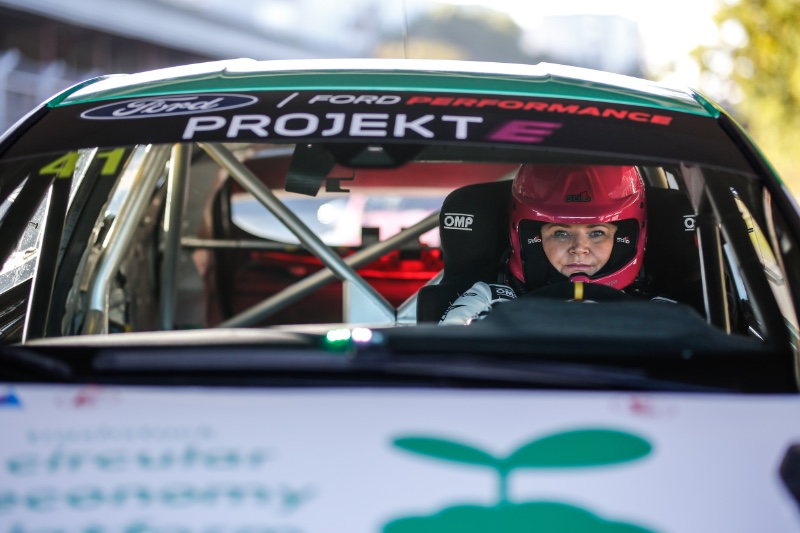
The opening two rounds of the British Rallycross Championship 5 Nations Trophy will take place on the final weekend in May at Lydden Hill (29-31), where, subject to Motorsport UK’s final approval of the electric plans, the birthplace of rallycross in set to host another significant event in UK rallycross history.